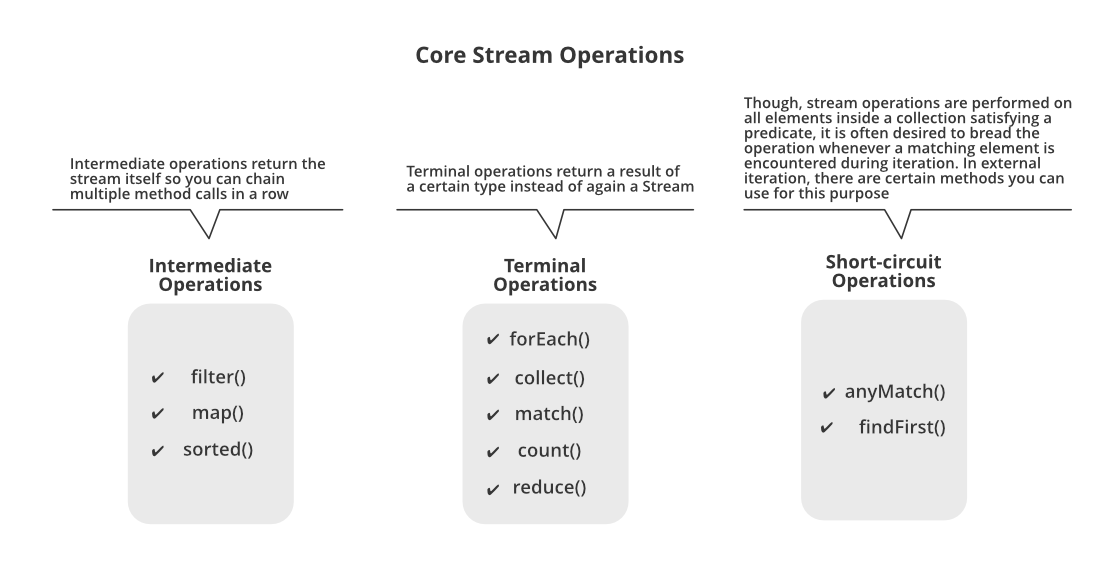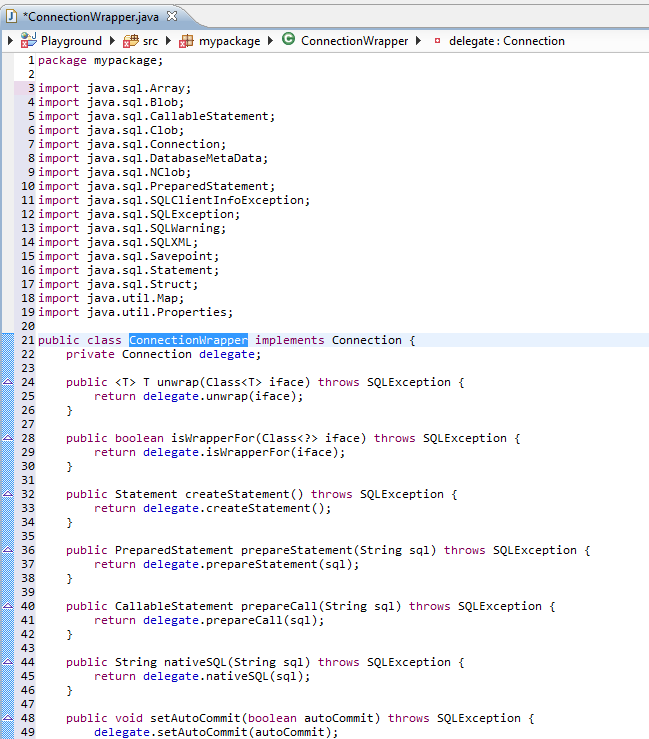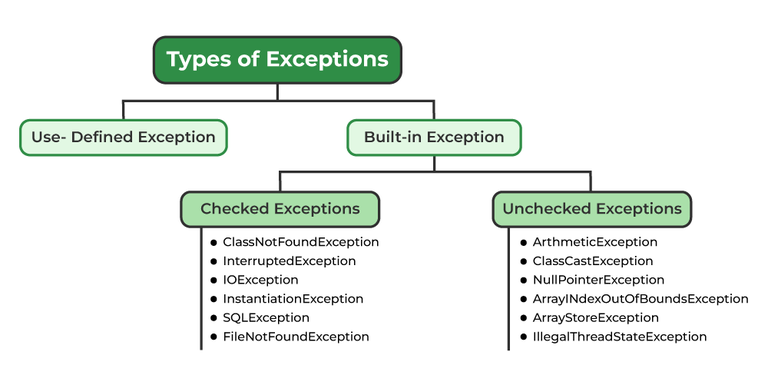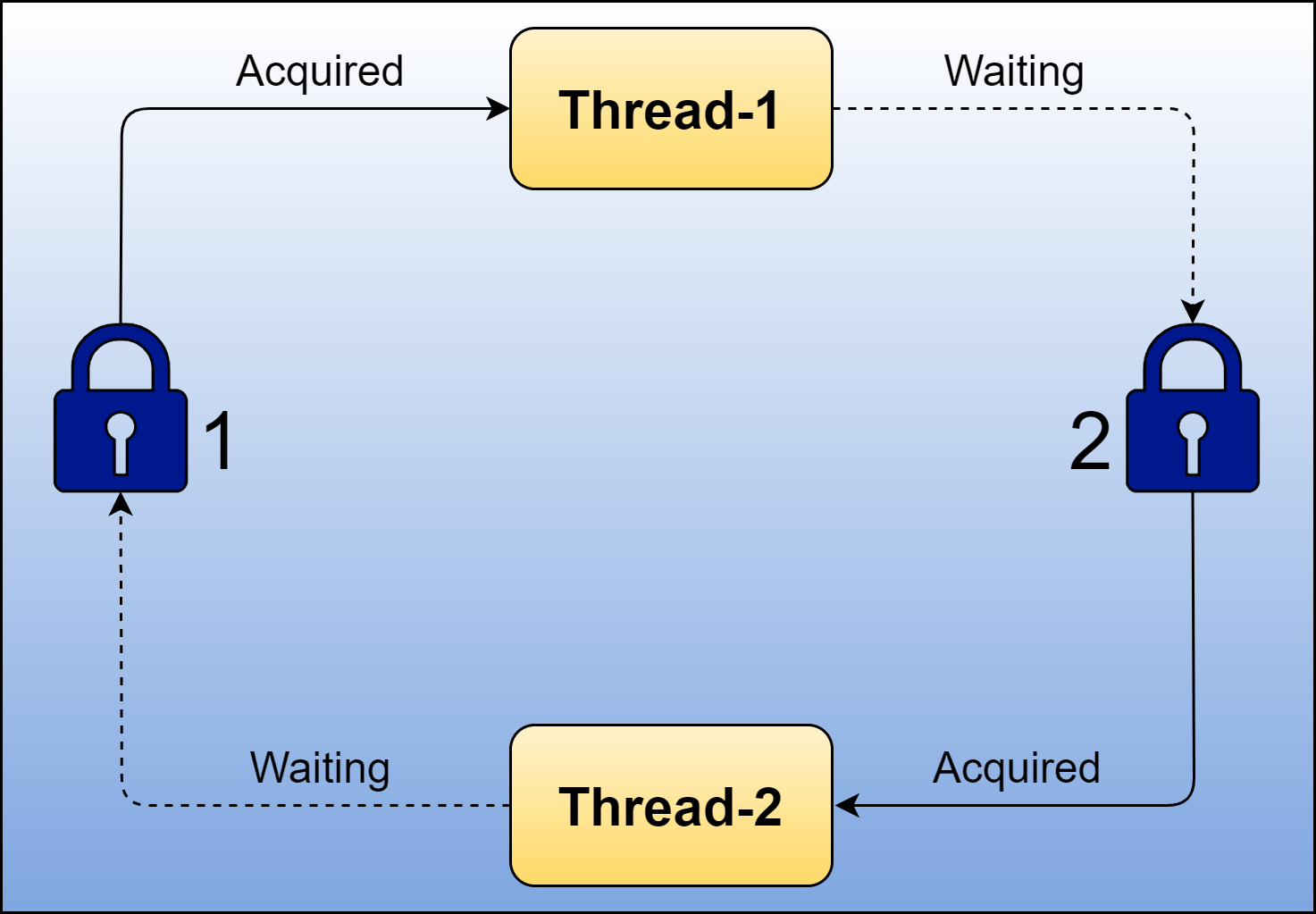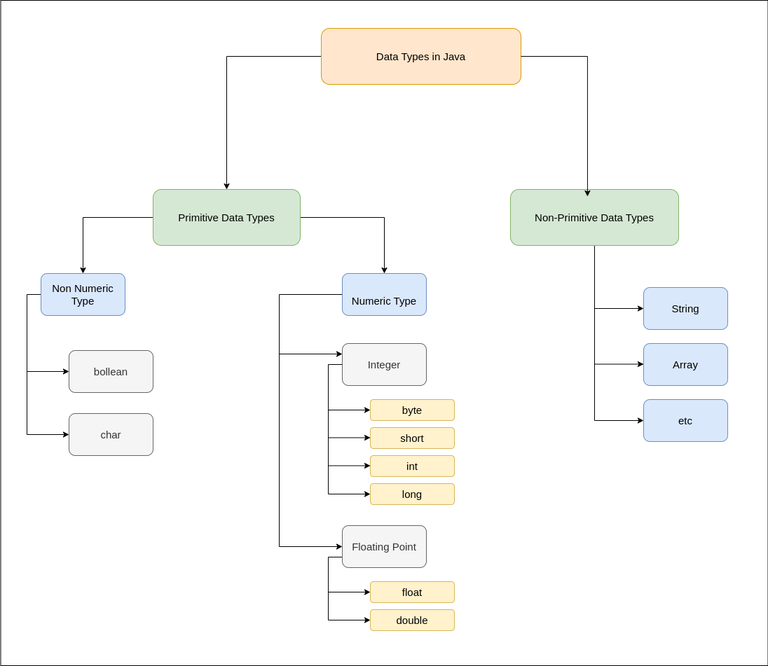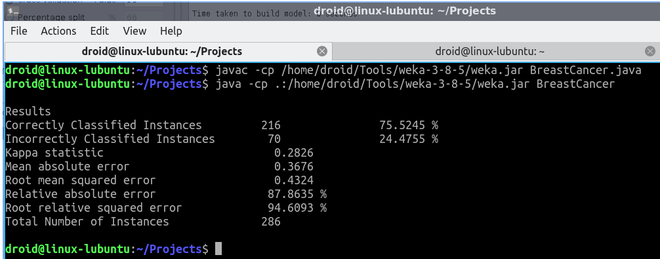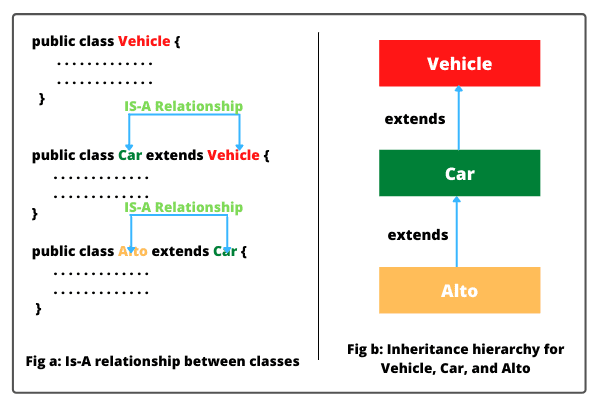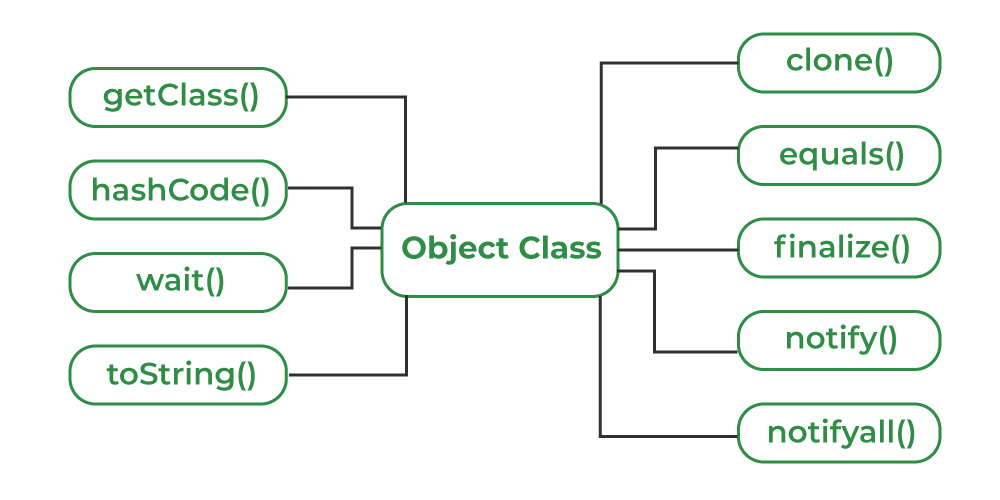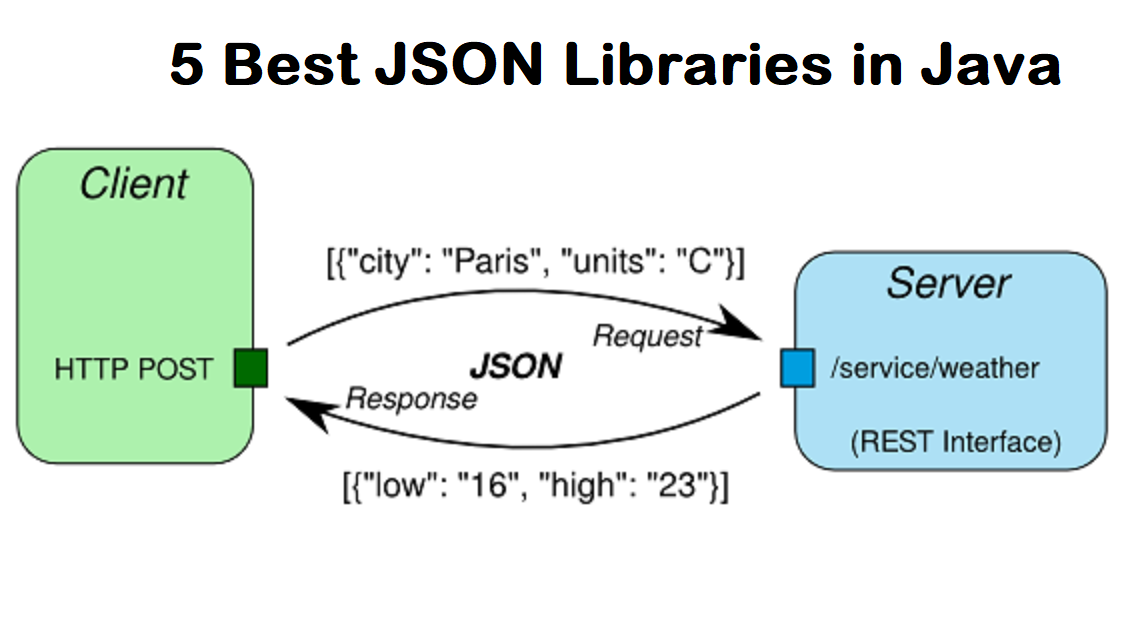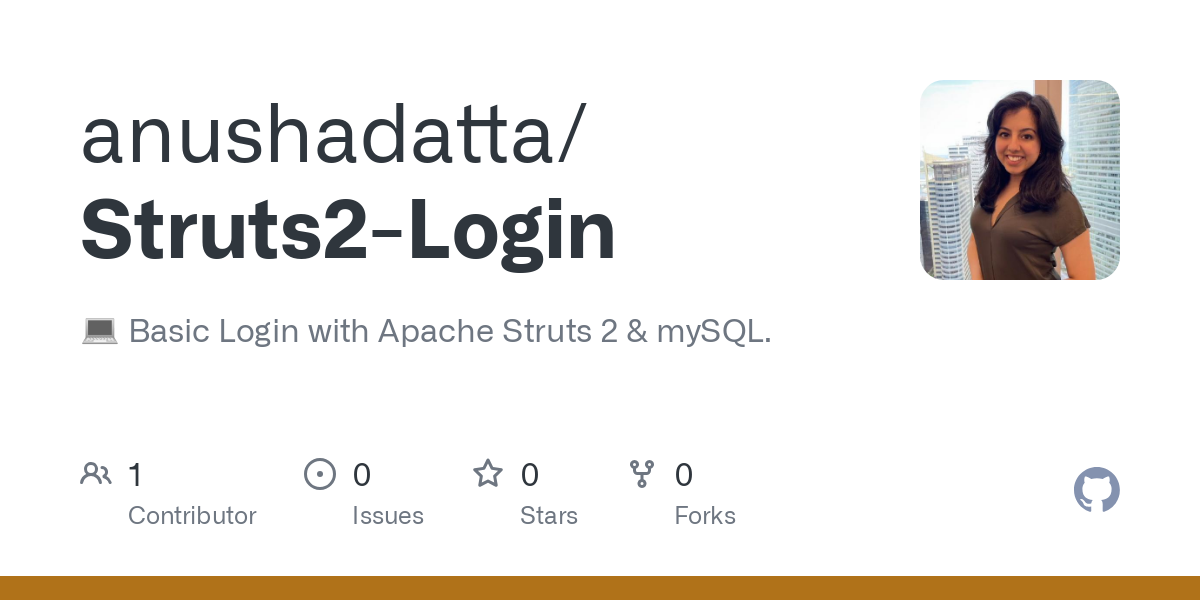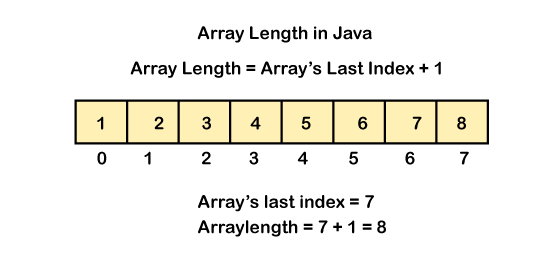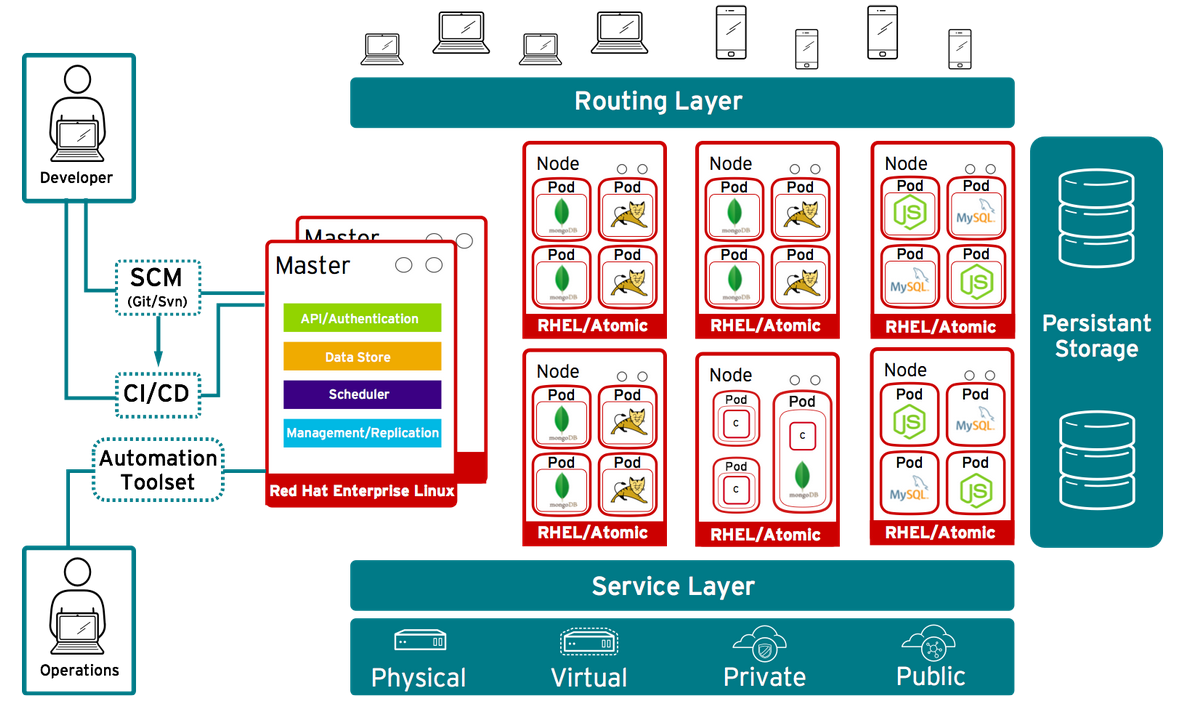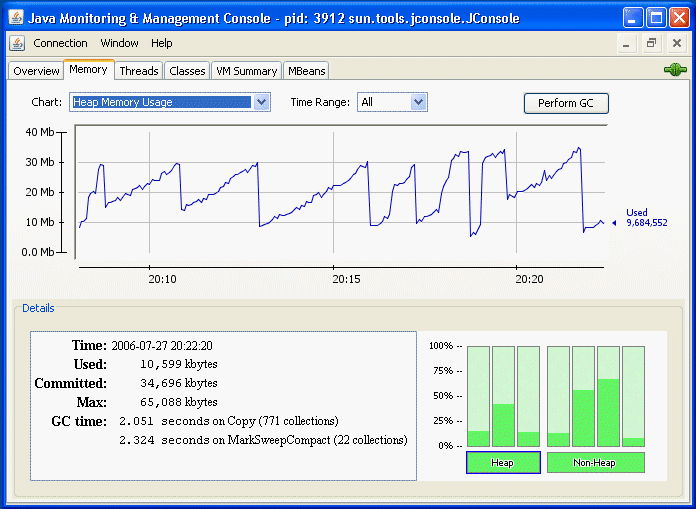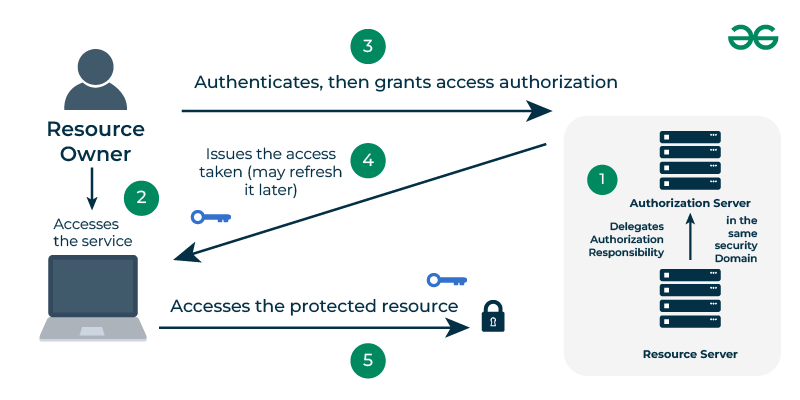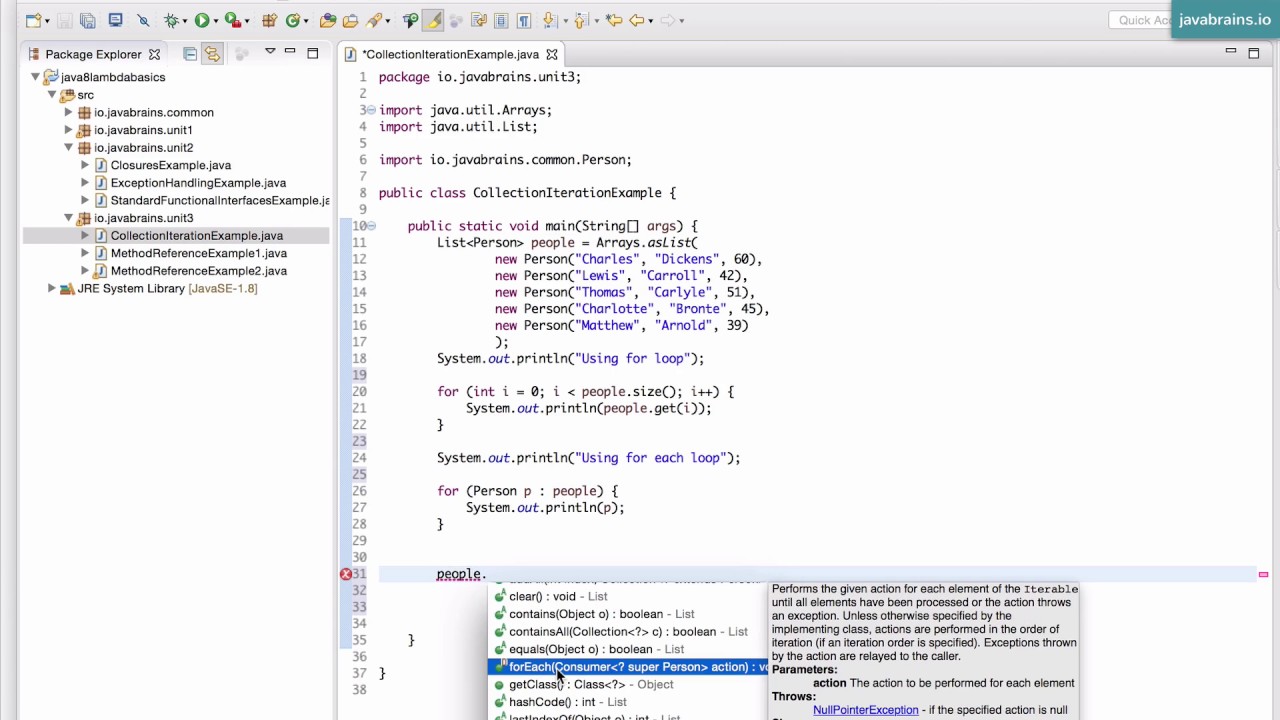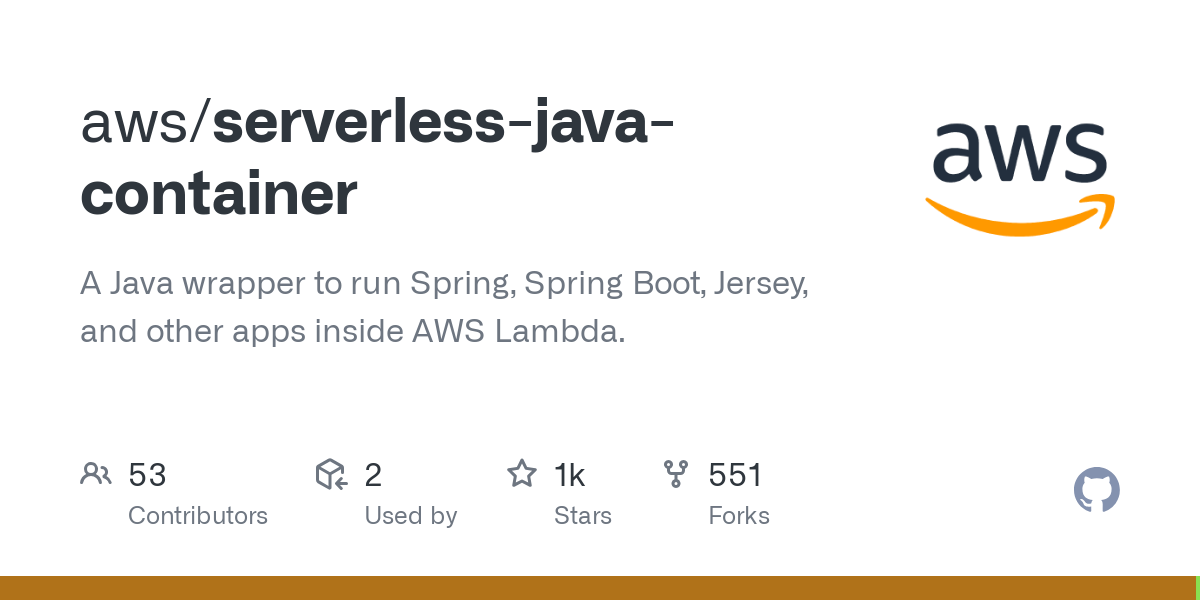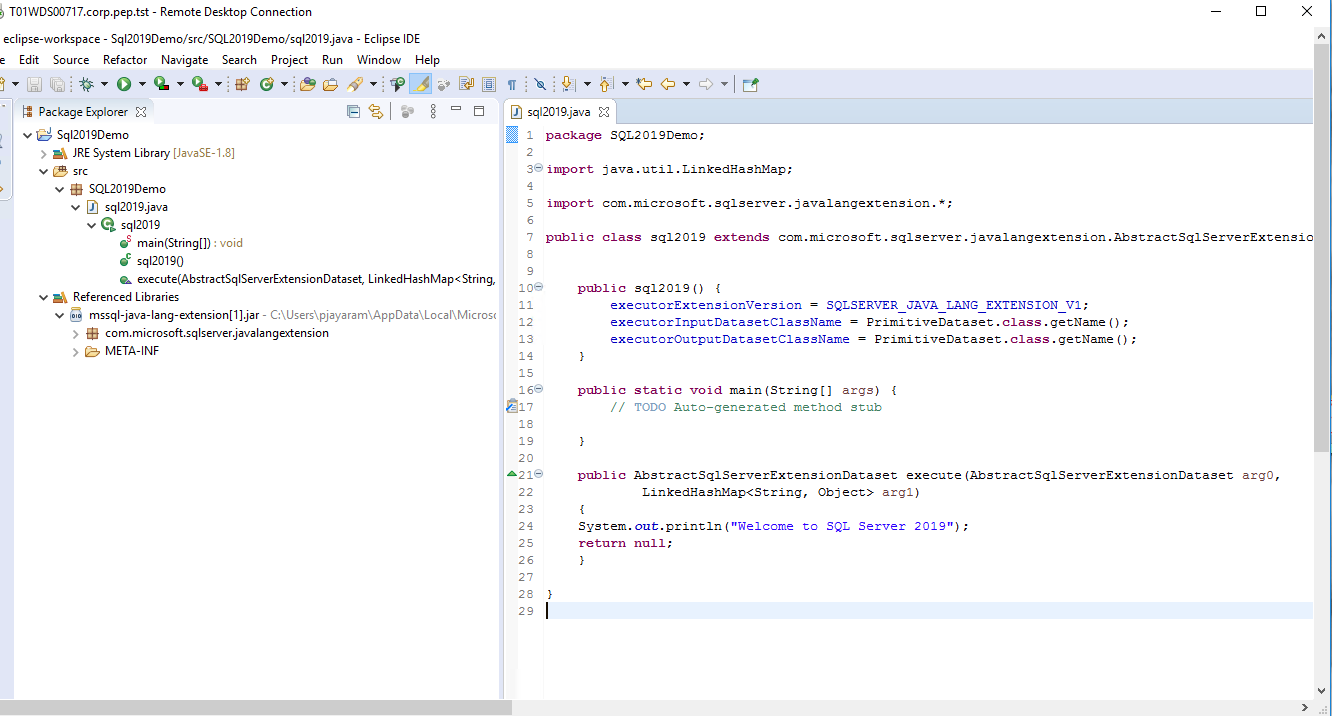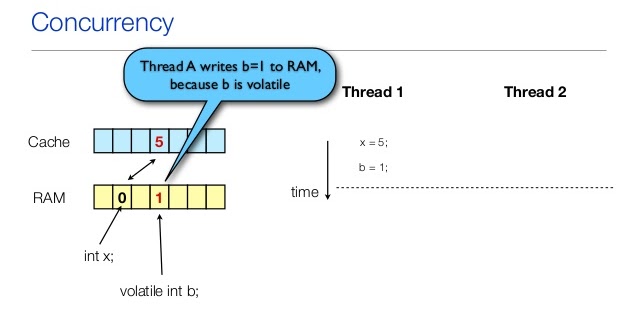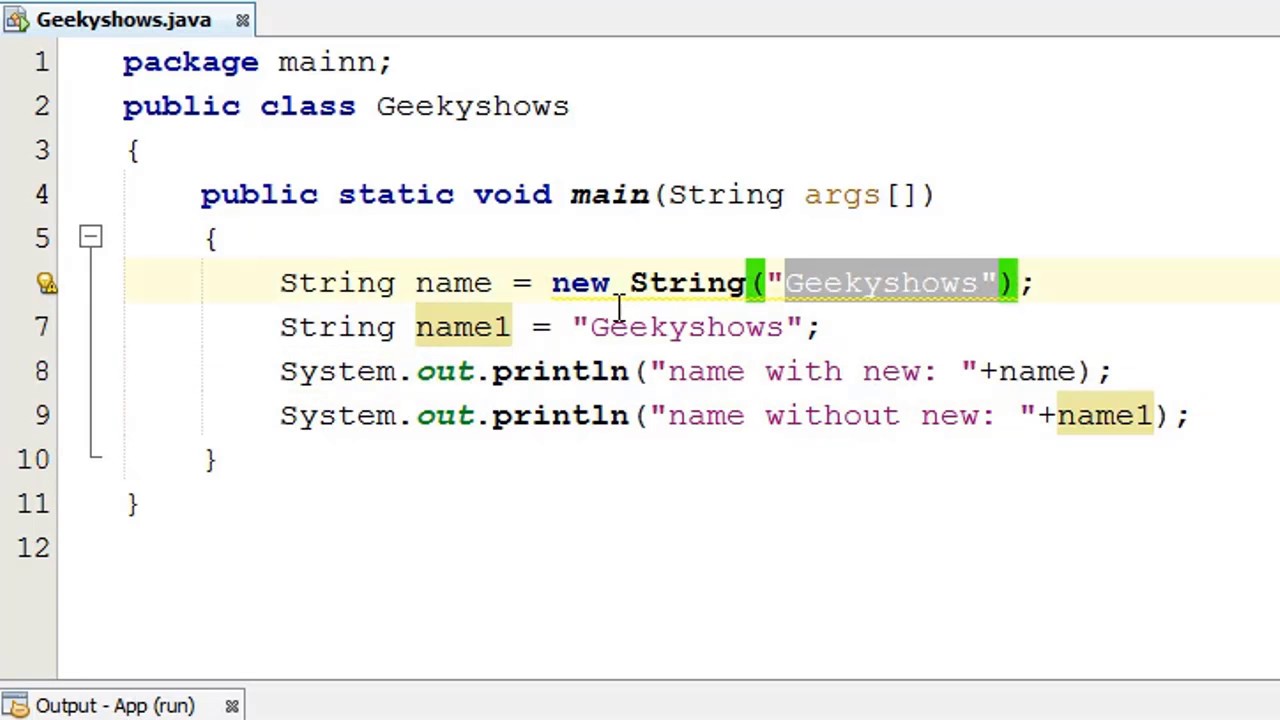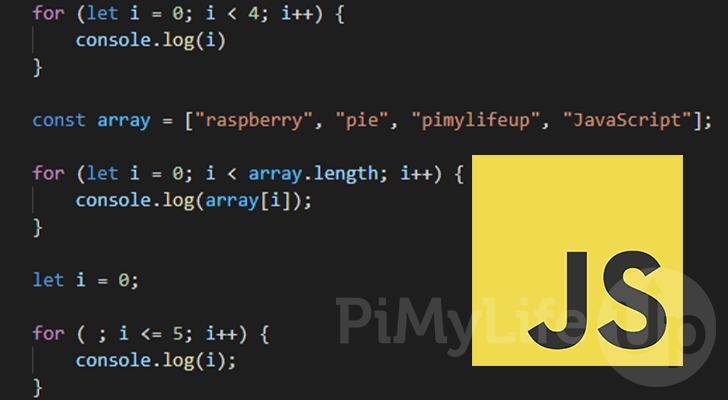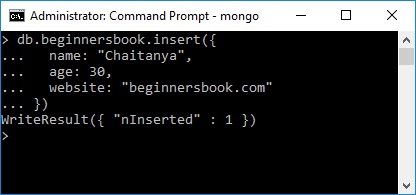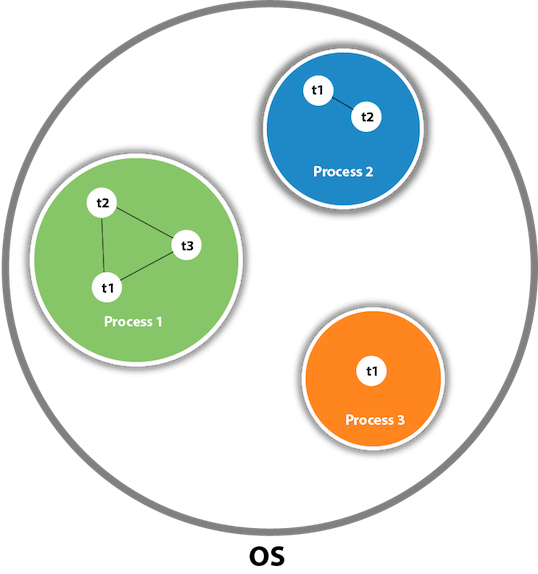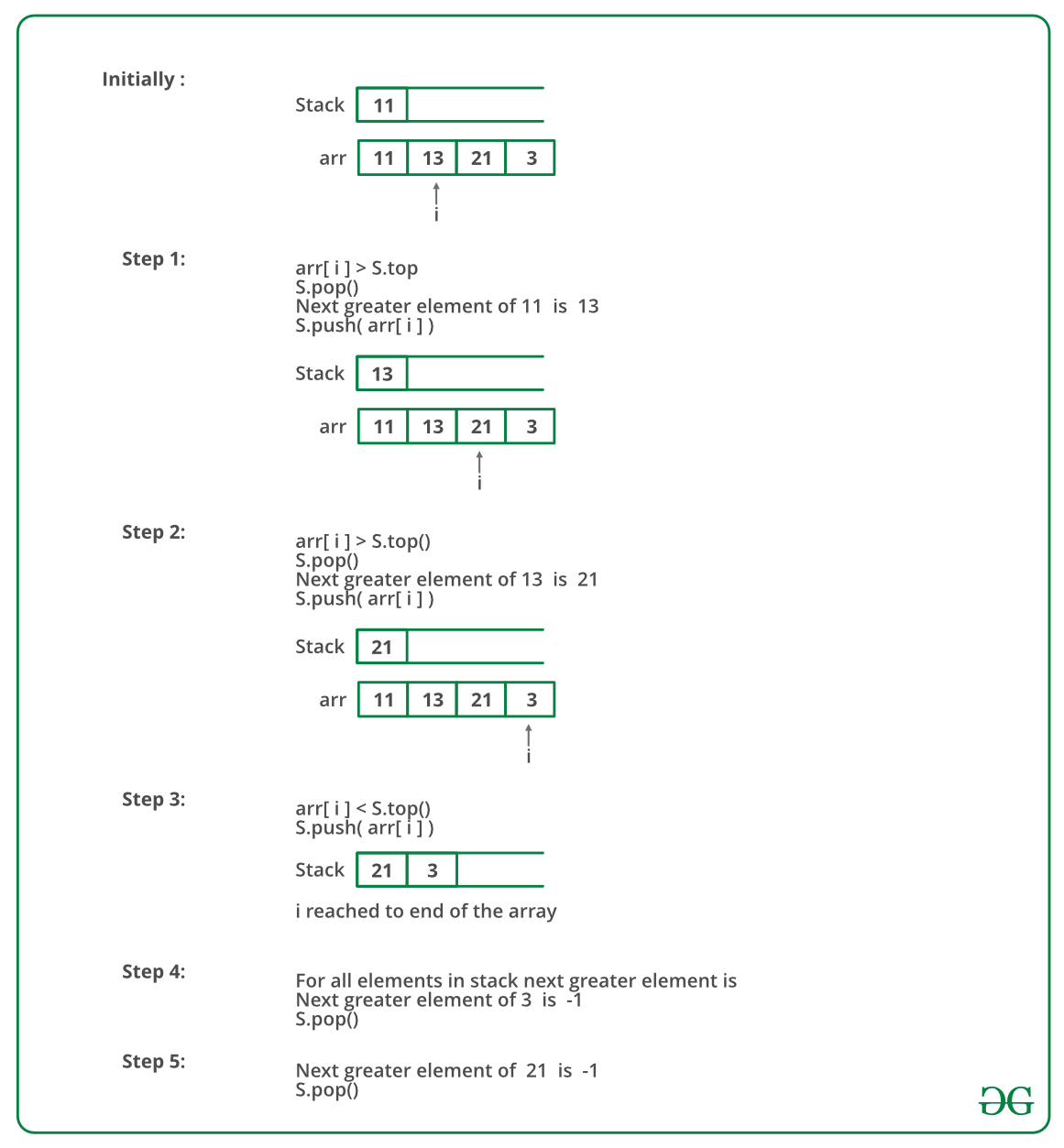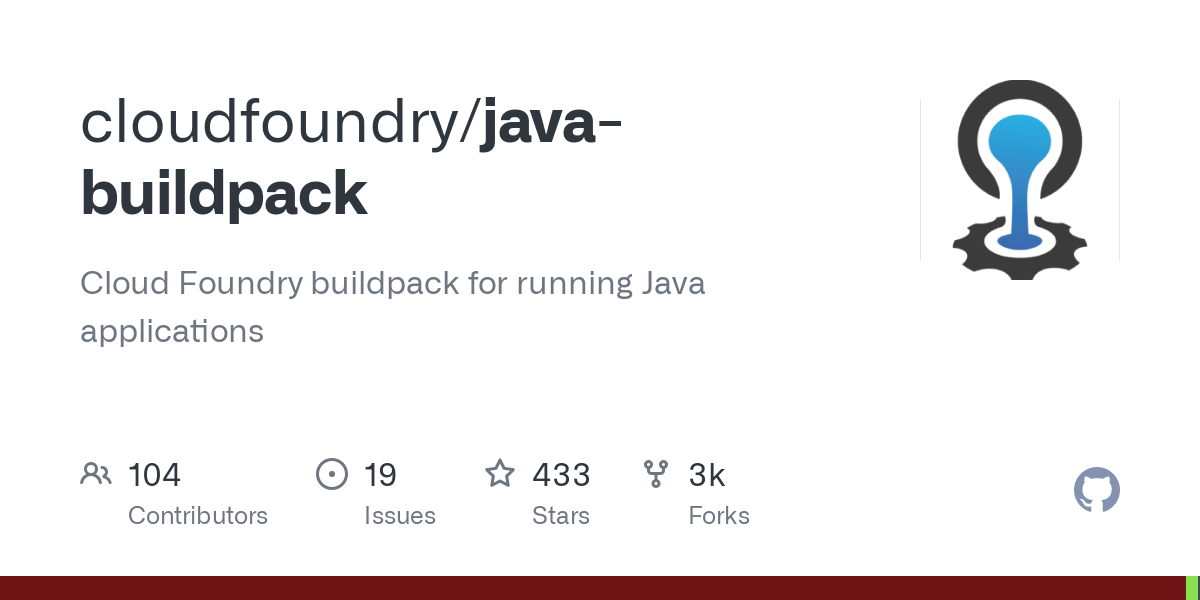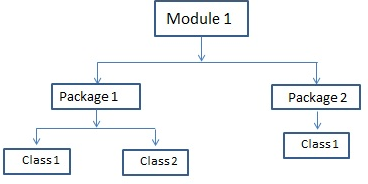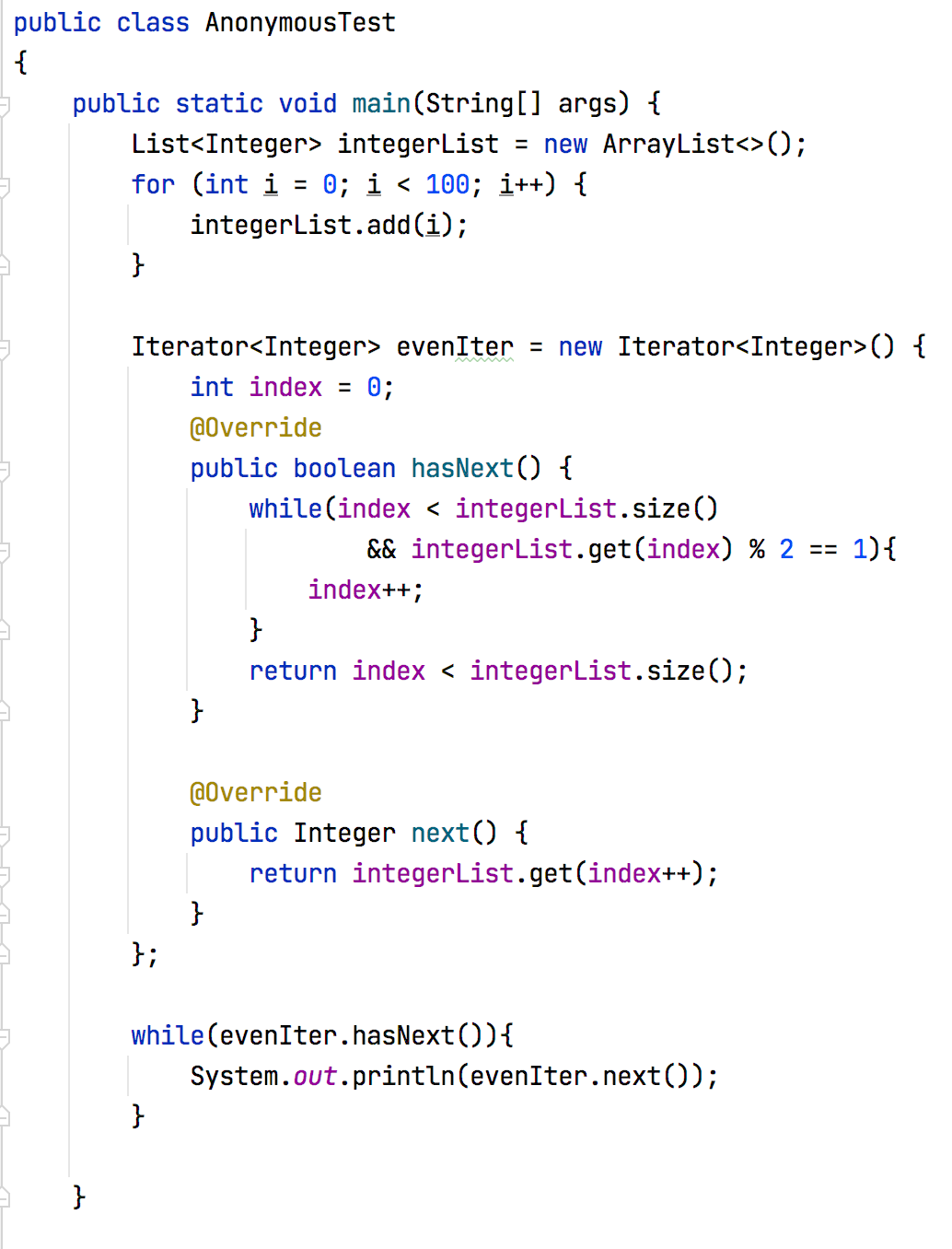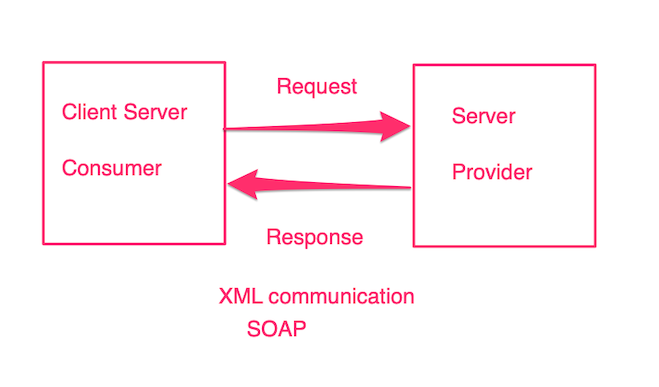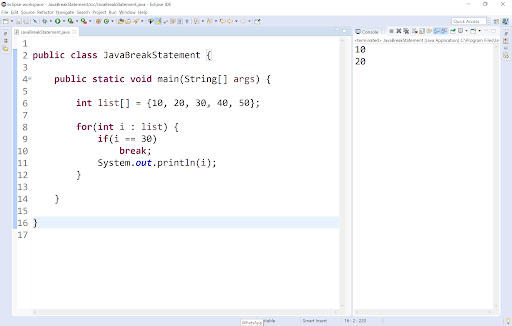Does Java have built-in JSON?
Does Java have built-in JSON?
Java does not have a built-in JSON (JavaScript Object Notation) implementation like Python's json module. However, there are several libraries and frameworks that you can use to work with JSON data in Java. Here are some of the most popular ones:
All three libraries can be used to work with JSON data in Java, such as:
Converting Java objects to JSON strings Converting JSON strings to Java objects Parsing JSON strings and creating Java objects from them Generating JSON output from Java objectsHere is an example of how you might use Jackson to convert a Java object to a JSON string:
import com.fasterxml.jackson.databind.ObjectMapper;public class Example {
public static void main(String[] args) throws IOException {
Person person = new Person("John", 30);
ObjectMapper mapper = new ObjectMapper();
String json = mapper.writeValueAsString(person);
System.out.println(json);
}
}
class Person {
private String name;
private int age;
public Person(String name, int age) {
this.name = name;
this.age = age;
}
// Getters and setters
}
This code uses the ObjectMapper class from Jackson to convert a Person object to a JSON string. The resulting JSON string would be:
{"name":"John","age":30}
Overall, while Java does not have built-in support for JSON, there are many excellent libraries and frameworks available that make it easy to work with JSON data in your Java applications.
Note: This answer is written in English, as requested. If you want me to translate the response to Simplified Chinese, please let me know!
Java json string
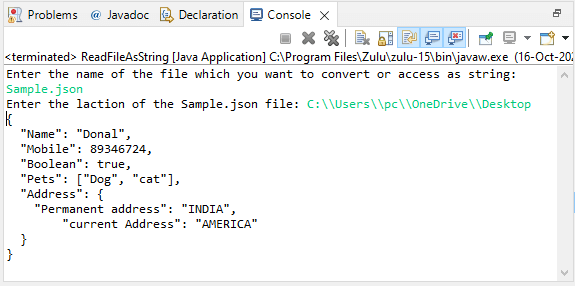
I apologize for the misunderstanding earlier! Here's a detailed explanation of working with JSON strings in Java:
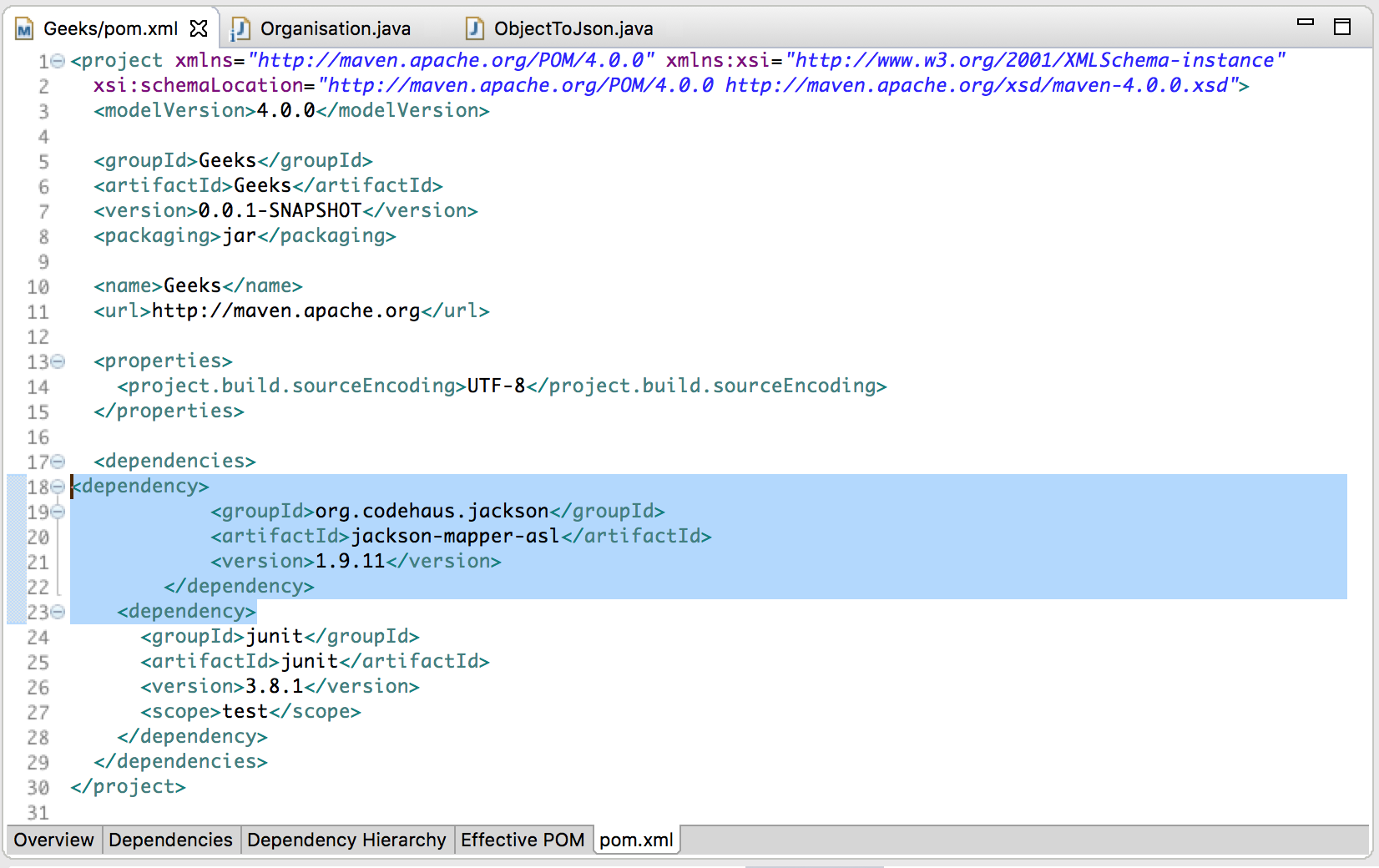
JSON (JavaScript Object Notation) is a lightweight data interchange format that is easy to read and write. In Java, we can work with JSON strings using various libraries such as Gson, Jackson, or JSON-simple.
Here's an example of creating a simple JSON string using the JSONObject class from the org.json package:
import org.json.JSONObject;public class Main {
public static void main(String[] args) {
// Create a new JSONObject
JSONObject person = new JSONObject();
person.put("name", "John");
person.put("age", 30);
person.put("city", "New York");
// Convert the JSON object to a string
String jsonStr = person.toString();
System.out.println(jsonStr);
// Output:
// {"name":"John","age":30,"city":"New York"}
}
}
In this example, we create a new JSONObject and add three key-value pairs: "name", "age", and "city". We then convert the JSON object to a string using the toString() method.
If you want to work with more complex JSON structures, such as arrays or nested objects, you can use the JSONArray class:
import org.json.JSONArray;import org.json.JSONObject;
public class Main {
public static void main(String[] args) {
// Create a new JSONObject
JSONObject person = new JSONObject();
person.put("name", "John");
person.put("age", 30);
person.put("city", "New York");
// Create a new JSONArray and add some elements
JSONArray interests = new JSONArray();
interests.put("reading");
interests.put("hiking");
interests.put("coding");
// Add the array to the person object
person.put("interests", interests);
// Convert the JSON object to a string
String jsonStr = person.toString();
System.out.println(jsonStr);
// Output:
// {"name":"John","age":30,"city":"New York","interests":["reading","hiking","coding"]}
}
}
In this example, we create a new JSONArray and add three elements: "reading", "hiking", and "coding". We then add the array to the person object using the put() method. The resulting JSON string includes the nested array.
When working with JSON strings in Java, it's often helpful to use libraries like Gson or Jackson, which provide more advanced features for parsing and generating JSON data. For example, you can use Gson to convert Java objects to JSON strings:
import com.google.gson.Gson;import com.google.gson.GsonBuilder;
public class Main {
public static void main(String[] args) {
// Create a new Person object
Person person = new Person();
person.setName("John");
person.setAge(30);
person.setCity("New York");
// Convert the Person object to a JSON string using Gson
Gson gson = new GsonBuilder().create();
String jsonStr = gson.toJson(person);
System.out.println(jsonStr);
// Output:
// {"name":"John","age":30,"city":"New York"}
}
}
In this example, we create a new Person object and convert it to a JSON string using Gson's toJson() method. The resulting JSON string is equivalent to the one generated in the previous examples.
Overall, working with JSON strings in Java involves creating or parsing JSON data structures, such as objects or arrays, and converting them to or from strings using various libraries and techniques.
